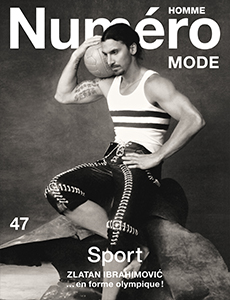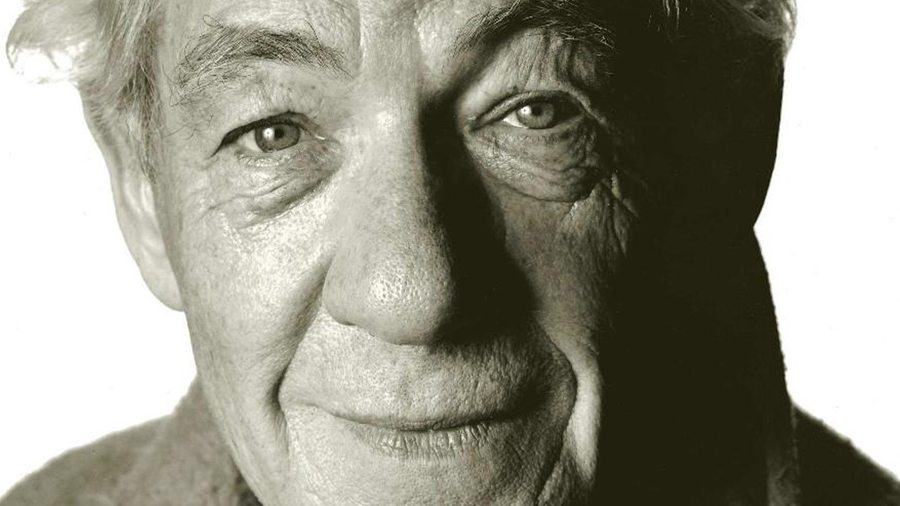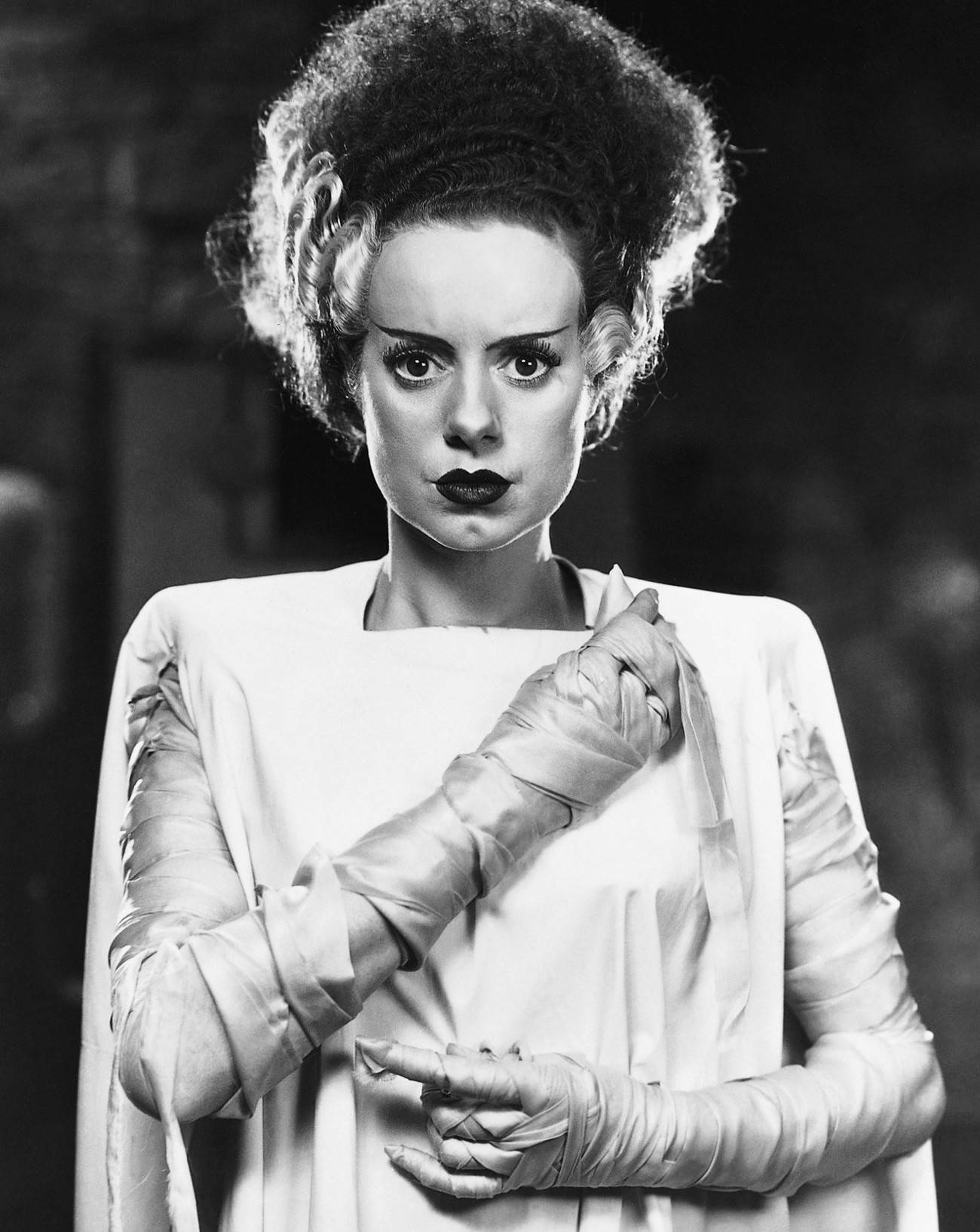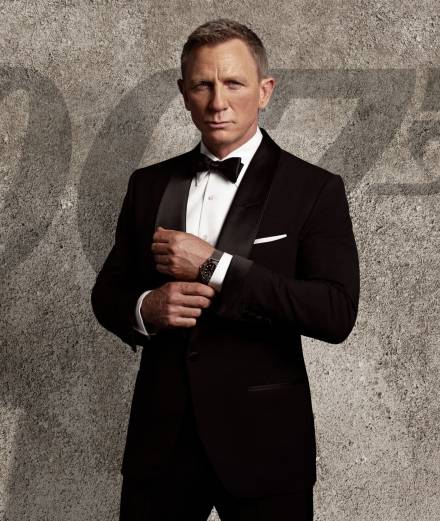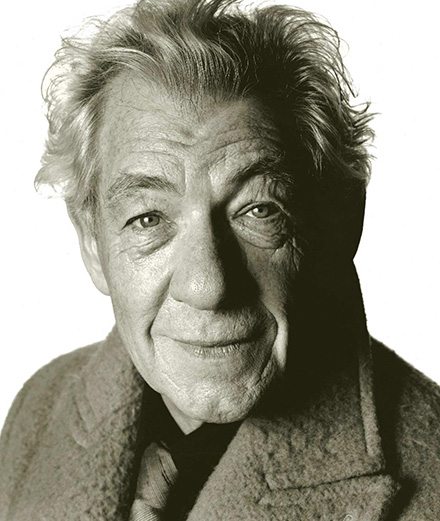

Numéro: The photographer David Bailey describes you as a ‘virulent old aunt’. I take it the photo shoot went well then.
The very dear David has an annoying habit of reducing people to one or two epithets, which are generally odious. When I was in his studio, for example, he called me “old monkey”. Which, perhaps coming from him, should be taken as a compliment.
What memories does this old monkey have of the Second World War?
We all slept under tables, in case the roof fell on our heads. Sirens, curfews, rationing… Despite the darkness of the time, my parents taught me to leave the planet in a better state than that in which we found it. They were very hospitable to evacuees and German prisoners of war, which certainly made a splash amongst the cottages. I also remember they housed the first black man that Wigan – our little hometown in the north of England – had ever seen. Henry. A sublime man, like an ebony sculpture. The village children, who were used to seeing their fathers return from the mine with faces blackened by the soot, couldn’t believe their eyes. They would follow him down the street like the messiah.
How did you cope with the untimely death of your mother when you were 12, and then your father when you were 24?
I never got over it. My biggest regret is not having known my parents in my adult life. Never having had the chance to talk about essential, fundamental things with them. Never having been their confident or their friend. Never being able to tell them about my homosexuality.
Have you always assumed your sexuality?
I realised at a very young age that I found Michelangelo’s David much more arousing that Botticelli’s Venus. But at that time, it wasn’t exactly something we shouted about from the rooftops. And for good reason: homosexuality was repressed in Great Britain until 1967. Strictly speaking, I was therefore a criminal until the age of 28. And when it wasn't the police wanting to throw you in prison, it was opinion that would lynch you in the public eye. It was abominable.
Interview with Ian McKellen, 1981.
Was it at Cambridge University that you gave up your Lancashire accent for the polished English that made your reputation?
Actors play their voices like musicians do an instrument. Mine has always been very flexible to say the least. As a child, I already had two ways of speaking: the first one - insulting, proletarian - that I reserved for my classmates, and the second - naive, complacent - that was for my parents. When I arrived at Cambridge, I quickly realised that unless I spoke as if I had a silver spoon in my mouth, I would never be accepted by these pedantic elitists.
How do you explain that despite your strict Christian upbringing, that today you are an unrepentant atheist?
As a child, I loved the communitarianism of the Christian parish. Religious schools, Sunday mass, cheap holidays between well-meaning Christians… It was only later that I realised religion was divisive rather than uniting. The rampant homophobia advocated by most religious leaders is enlightening. Religious belief is one thing, ideological bludgeoning is another.
Did you not worry about alienating your audience by proclaiming on an American talk show that the Bible is nothing but a lot of lies?
I was in the middle of promotion at the Cannes Film Festival when my tongue became forked. It would have been better if I’d swallowed it. But not all Americans are stupid evangelists. I can assure you that 5% of the population are perfectly frequentable.
Why then re-offend and tear up pages of the Bible in public?
"If a man lies with a male as with a woman, both of them have committed an abomination; they shall surely be put to death." I’m sorry, but it’s written there in black and white in Leviticus. By systematically finding these pesky verses in the bedside tables in hotel rooms, I ended up flying off the handle. Here's an anecdote: a couple of married friends had fun sending me around thirty of these pages, found in rooms on their travels. Their accompanying postcard simply said, "For the toilet." Duly noted.
“The Lord of the Rings” – Gandalf (Ian McKellen)
Why are British actors systematically relegated to darker supporting roles of Machiavelli or the outcasts in Hollywood productions?
Because we're non-natives, that’s why. Which is enough to frighten more than one person across the Atlantic, believe me. Besides, we’re the only foreigners whose language the Americans have mastered... even if they sometimes struggle. On the other hand, the English accent has delicate and sophisticated tones. Something that Americans always find rather suspect, unintelligible even. In the aftermath of the Second World War, the thugs in Hollywood films were German. During the Cold War, they were Russian. And lately, the trend is for Far Eastern criminals. Heroes, on the other hand, are invariably embodied by American stars. And if there’s one role that’s not part of my repertoire, then that’s it.
Does your title “Sir” get you a better table in the restaurant now that you are a knight of the Order of the British Empire?
Sir Laurence Olivier, Sir John Gielgud, Sir Alec Guinness... I’m not going to deny it was a great honour for me to join such a pantheon. There was just one problem. I found it perfectly diabolical that the Thatcher government gave me this distinction at a time that it was trying to pass a law that forbids any discussion of homosexuality in English schools. Since that day, the "sir" has been used above all to make myself heard by the political leaders with whom I speak regularly in the hope of changing certain mentalities.
[Archives Numéro 98, November 2008]
